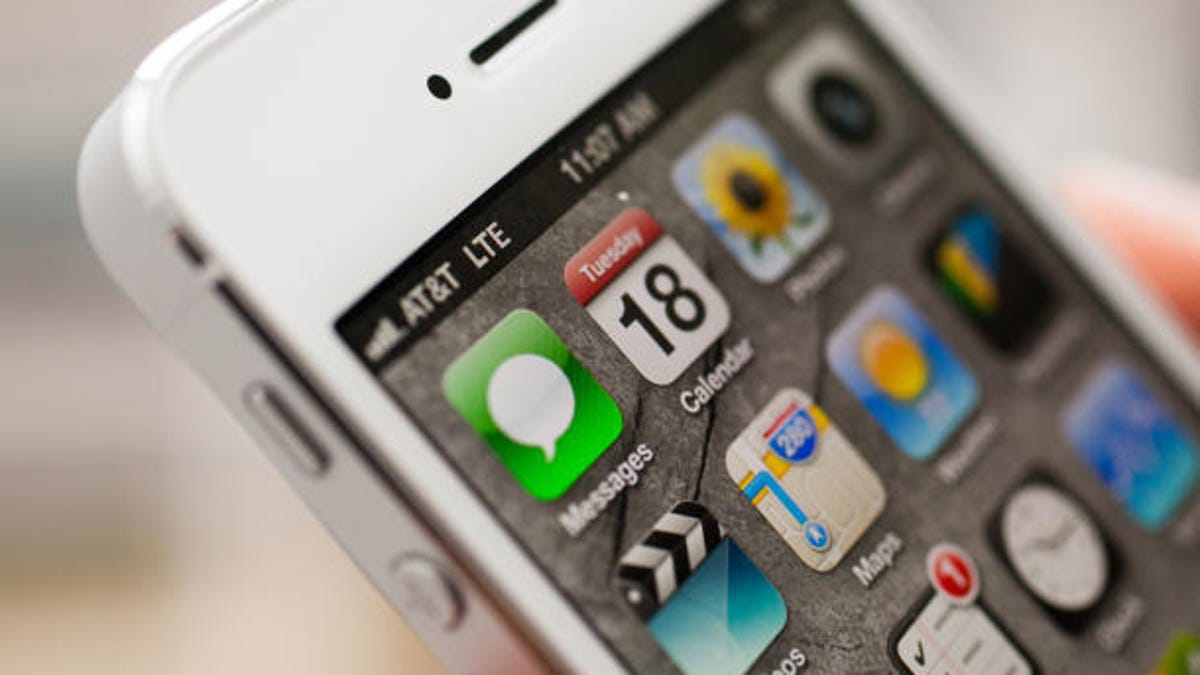OLED displays? They're 'awful,' says Apple's CEO
Tim Cook says you can't trust the color accuracy of OLED displays, and he touts the Retina Display as a superior experience.

Apple CEO Tim Cook is definitely not a fan of OLED displays.
Cook, speaking at an investor conference hosted by Goldman Sachs in San Francisco today, called the color saturation of OLED (organic light-emitting diode) displays "awful."
"If you ever buy anything online and really want to know what he color is, as many people do, you should really think twice before you depend on the color from an OLED display," Cook said.
Conversely, Cook called Apple's Retina Display a superior experience, noting that it is twice as bright.
That's a shot at mobile devices that tend to use OLED displays, including Samsung Electronics' successful flagship
Cook brought up the brightness and experience of the display when addressing a question about whether Apple would create an iPhone with a larger display. He wouldn't comment on the company's plans, but criticized the focus on size and specifications as something companies do when they can't "create an amazing experience."
In the PC industry, for example, companies tend to compete largely on specifications and price, he said, suggesting that Apple doesn't want to get into that kind of fight. He noted that most consumers don't know -- or don't care -- how fast the processor is on their mobile device or PC, and said it doesn't matter as long as the experience is great.
"What Apple does is sweat every little detail," he said. "We want the best display, and I think we got it."
See also: HD Super AMOLED versus Retina Display, and other screens

